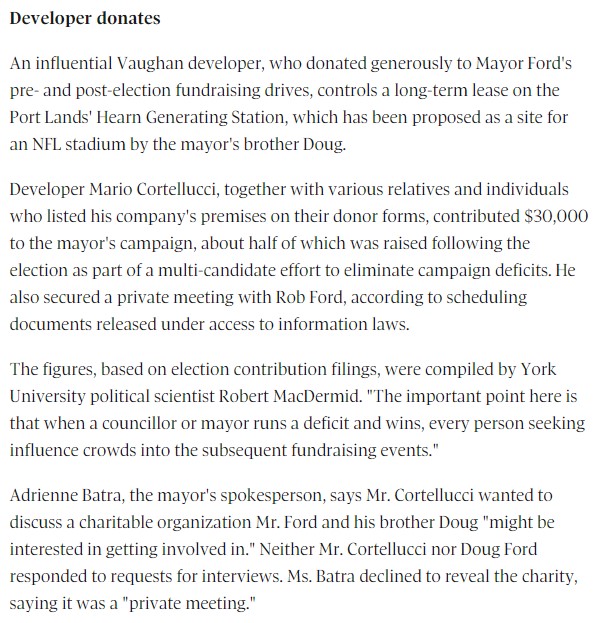WEAPONS OF MAHADEV
Sarvaripati Shiva is one of the most fearsome manifestations of Mahadev. Assigned with destroying all of the universes at the end of time, Shiva is one of the most fearsome warriors. He is the Mrityunjaya.
Here are some weapons associated with him:
TRISHULA: the 3 pointed blades denote creation, maintenance, and destruction or the 3 Kalas – Past, Present and Future. They also represent 3 Gunas – Sattva, Rajas and Tamas).
Shiva’s trishul can only be stopped by Shiva himself.
@onlyonenetra @DetheEsha
Trishul is also said to represent Ida, Pingala, and Sushumna. These are the three basic nadis – the left, the right and the central – in the pranamaya kosha, or the energy body of the human system.
@iamkamyabuch @unever_followme
PARASHU: axe with 4 cutting edges which Shiva gave to Parashurama. In his anger, Parashurama used the parashu to get rid of the all the Earth’s tyrannical kshatriya caste twenty-one times over.
@harshasherni
CHANDRAHASA SWORD: The divine sword Chandrahasa literally means ‘the laughter of the moon’. Ravana gave this sword to Indrajit on different occasions especially to fight against Devas.
GIRISH: A special sword of Shiva with unique characteristics.


